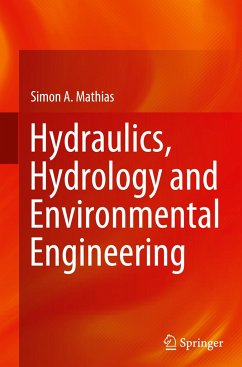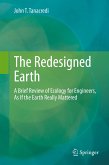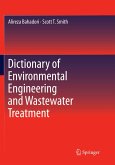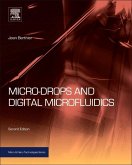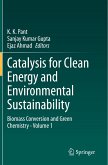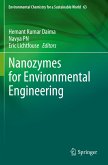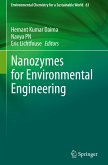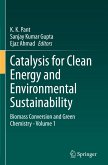This textbook provides an excellent resource for engineering and science students to develop basic, intermediate and advanced level skills in hydraulics, hydrology and environmental engineering. Topics include open channel flow, ocean waves, kinematic wave modelling, flood forecasting, groundwater production, evapotranspiration, rainfall runoff modelling, cost benefit analysis, environmental evaluation, air quality control, carbon capture and storage, atmospheric dispersion, water pollution, water treatment, wastewater treatment, environmental impact assessment and uncertainty management. Hydrology and environmental engineering are treated as clear extensions of fluid mechanics and thermodynamics. Emphasis is placed on distinguishing between theoretical and empirical results. Written challenges are specified throughout the text to help readers derive important theoretical results for themselves. Each chapter includes a set of related practical problems with detailed worked solutions, many of which include short, self-contained MATLAB codes. The book provides a wealth of theoretical and practical exercises to aid teachers in planning innovative learning experiences for their students in class and at home. The book also offers a rich environment for students and researchers to practice mathematics and learn about the art of deriving analytical solutions in an environmental engineering context.

